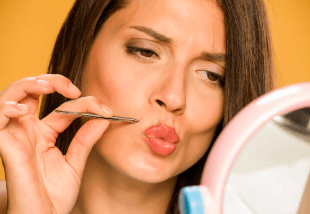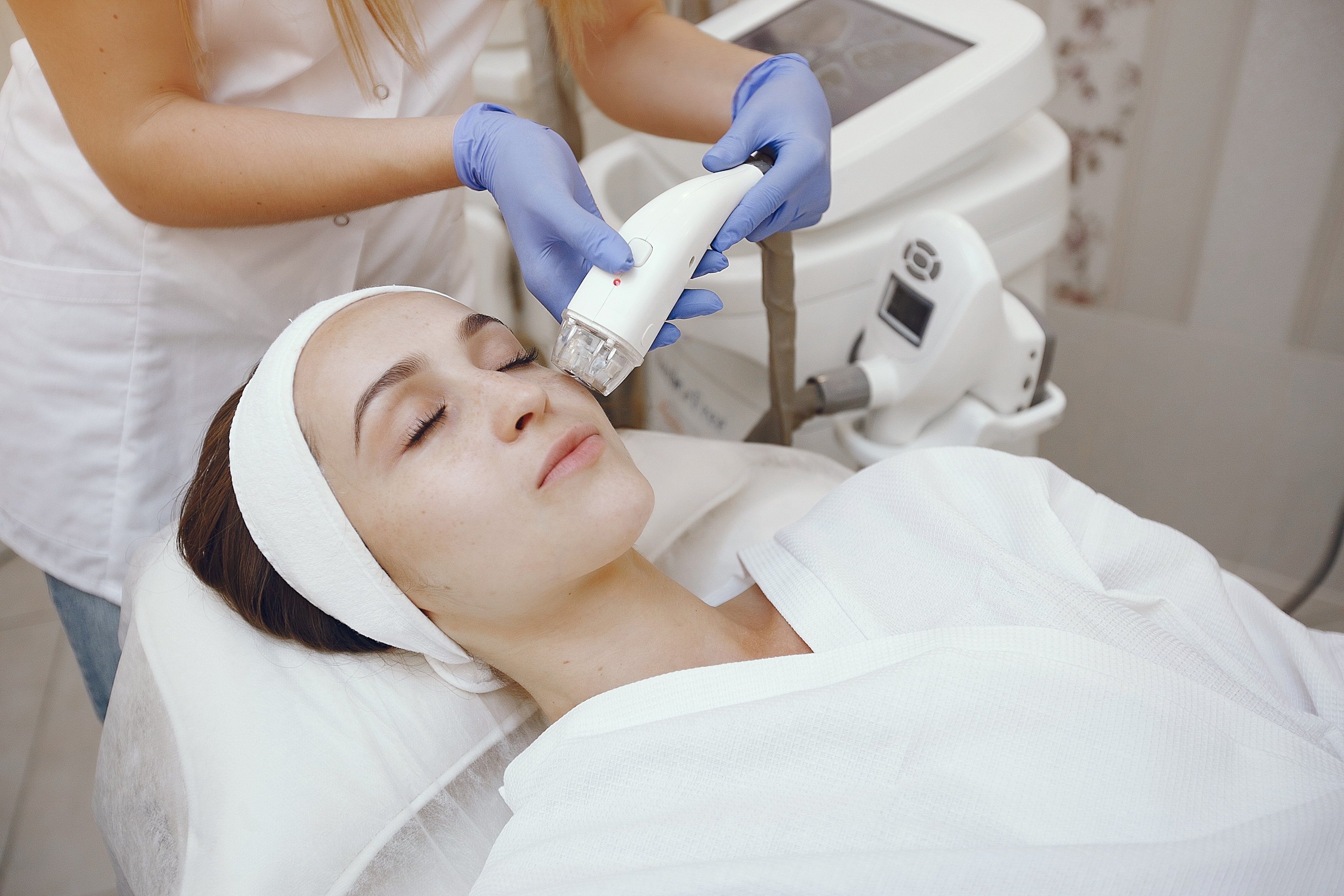Causes of Excess Facial Hair in Women



All women have hair on their bodies naturally. When certain factors influence their system, some women may have more noticeable hair growth, which also appears as excessive facial hair, known as hirsutism. It is the condition where the hair on a woman has coarse and dark hair on her face, arms, chest, stomach, back, or chest, affecting between 5% to 10% of women. Although relatively common, having excessive body hair can cause a woman to be self-conscious, but the condition itself isn't necessarily dangerous. Here, we unravel the possible causes of excessive hair growth in women, along with tips to manage and treat hirsutism.
One of the primary causes of developing excess body or facial hair is higher than normal levels of male sex hormones (androgen). Both males and females produce androgens, but these levels typically remain low in the latter. When a womans body starts to produce these 'male' hormones excessively, she can develop hirsutism. Several conditions can cause this hormone imbalance.
Polycystic ovary syndrome (PCOS) is one common cause of unwanted hair growth, accounting for 85% of cases. It triggers benign cysts to develop on the ovaries, which can influence hormone production. This commonly results in irregular menstrual cycles and reduced fertility. Individuals who are obese and those with a family history of the condition have a greater risk of developing PCOS. In addition to hirsutism, other symptoms of PCOS can include but do not limit to:
acne
fertility issues
irregular menstrual cycle
skin tags
thinning hair
weight gain or difficulty losing weight
To find out if you are suffering from PCOS, order the Polycystic Ovarian Blood Test today.
Disorders associated with adrenal glands, the glands that produce hormones
adrenal cancer
adrenal tumours
congenital adrenal hyperplasia
Cushing disease or Cushing's syndrome happens when your body has too much of the hormone cortisol, affecting the set of organs in the integumentary system (your hair, skin, nails, glands and nerves).
Medications
minoxidil, used for hair growth stimulation
anabolic steroids, synthetic variations of testosterone
testosterone, taken in case of a testosterone deficiency
cyclosporine, an immunosuppressant drug often used before organ transplants
Idiopathic hirsutism. It refers to hirsutism with no apparent cause. It's usually chronic and may be more challenging to treat.
Hirsutism can affect anyone at any age, but you're more likely to experience it if you:
have a family member who has also been diagnosed with it
are a woman of Middle Eastern, European, and South Asian ancestry
are previously diagnosed with PCOS
Ferriman-Gallwey scale. It was designed to classify what is considered hirsutism. It assigns a score according to how much hair growth a person has in various body areas. According to the scale, a score higher than 7 indicates excessive hair growth or hirsutism.
thorough physical exams can be conducted or blood tests are used to check hormone levels
questions about the patient's family history of similar symptoms, symptom onset, and any medications they may be taking
pelvic exam in which the doctor will look for signs of androgenization or tumours
Treatment options available to manage and treat hirsutism, include:
shaving, waxing, or bleaching
hair removal creams.
electrolysis,
laser hair removal
certain birth control pills
Almost all female individuals, including those generally healthy, grow hair on their bodies. A woman with a mild case may employ hair removal methods to eliminate cosmetic concerns of the excessive hair growth. When another woman cannot control hair growth cosmetically, this can be enough to qualify her condition as excessive hair growth. Medical consultations and treatment are always available.
Learn more about how to properly take care of health and fitness by reading more articles on Welzo and clicking this link.










Plus get the inside scoop on our latest content and updates in our monthly newsletter.